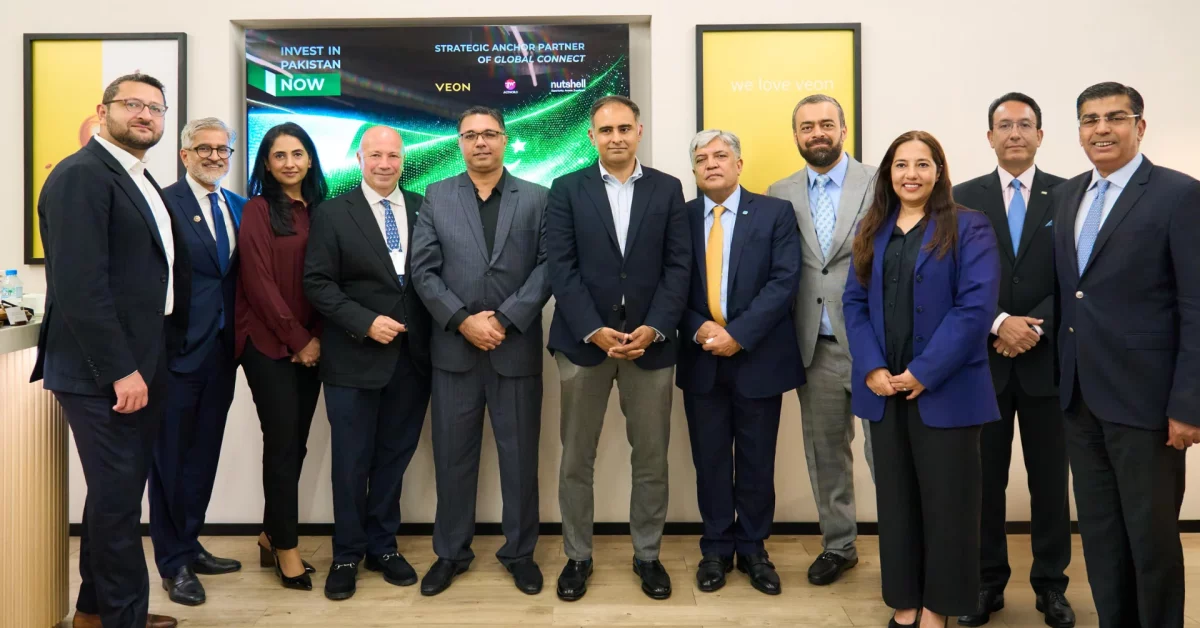
The Future of Work: The Rise of the Gig Economy
July 1, 2023
Digitalization and Jamhuriyat, the Solution to Elections?
July 2, 2023Factors Hindering E-Money in Pakistan
Electronic money, or e-money, can simply be called the digital equivalent of cash. It can be stored on a card or a phone. The idea is simple and it offers lots of ease to users. This begs the very important question; why is e-money not that widespread in Pakistan? The question can be answered by certain factors.
Lack of digital literacy:
Though mobile wallets are very easy to operate and offer much more simplicity than banks, they are a digital version of banks and require digital knowledge on various aspects. A traditional Pakistani in a rural suburb has no access to such knowledge and is thus lost in a sea of intricate terms. Without the access of digital literacy, operating a mobile wallet is difficult and is a cause of concern. If a user is unknown to the terms of MPIN and OTP, how will they know that they have to keep them to themselves and not share them with anyone?
Dearth of capable devices:
While they are not demanding, e-money accounts like Jazzcash or Easypaisa do require a device of certain standard. While flashy iPhones are not an expectation, Nokias are not an acceptance either. Devices that are capable of internet connectivity and can download the afore-mentioned digital wallets are a must. Once again, the rural agrarian areas, a central part of our economy and workforce, do not possess such devices nor the means to get such devices. Even if they did, it would be hard to explain to them to spend money on getting a new phone to use an application that does the same thing as them placing their money in a pot, another point of digital illiteracy.
Non-existent Internet penetration:
Even if a device did possess internet connectivity, it would require……drumrolls……an internet connection. For a country where internet users are less than 40% of the total population, and the majority of which are in urban areas, this is quite worrying. A decent internet is necessary for transactions to be completed. While cellular network coverage is better at 90%, mobile packages are generally restricted to Whatsapp and calls, with little attention paid to digital wallets.
Suspicions:
Being a simple nation, Pakistanis are generally skeptical of any new technological advancement. In the case of e-money, there is no difference. Many users are hesitant to utilize mobile wallets due to concerns of theft. Rumors or one-off episodes have led to various fears such as one that money can disappear from digital wallets. Consequently, people are reluctant to make their money go digital and instead prefer to continue their more time-consuming traditional transactions.
Scams and frauds:
These are the cause of the above hindrance. Being a relatively new and untested area, people possess little knowledge of e-wallets. This is taken advantage of by scammers, who trick naïve users by various tricks. They might act as the mobile wallet’s representative asking for sensitive information, which can be used to wreak havoc. Alternatively, as happened to a friend of mine, the scammer sends a fake message of funds being transferred to the user’s account. They then phone the user and request them to send the money back. The unassuming user does so, only later realizing that they sent their own money. And, more importantly, mobile robberies can mean the loss of both the mobile and the money.
There is no doubt on the potential of e-money, especially in a country like Pakistan. However, for e-money to achieve that potential, it is crucial to educate the people and remove all sorts of nuisances.






